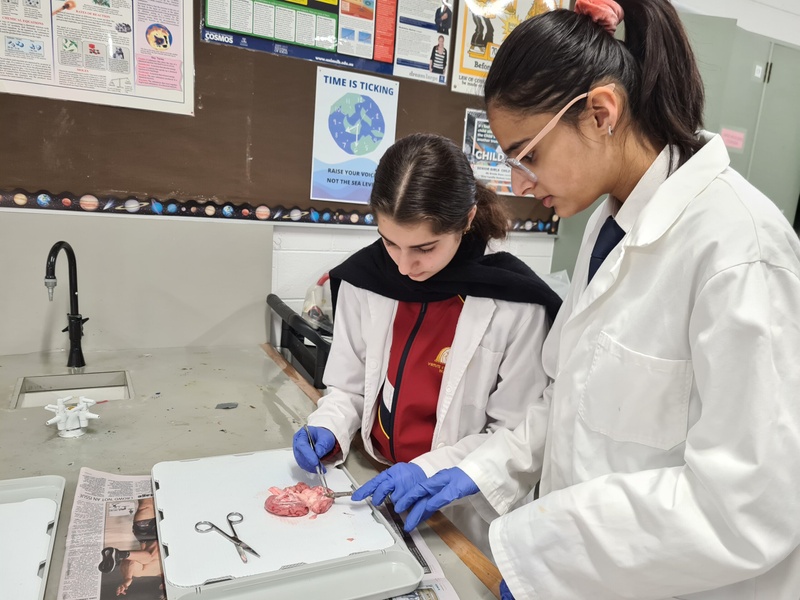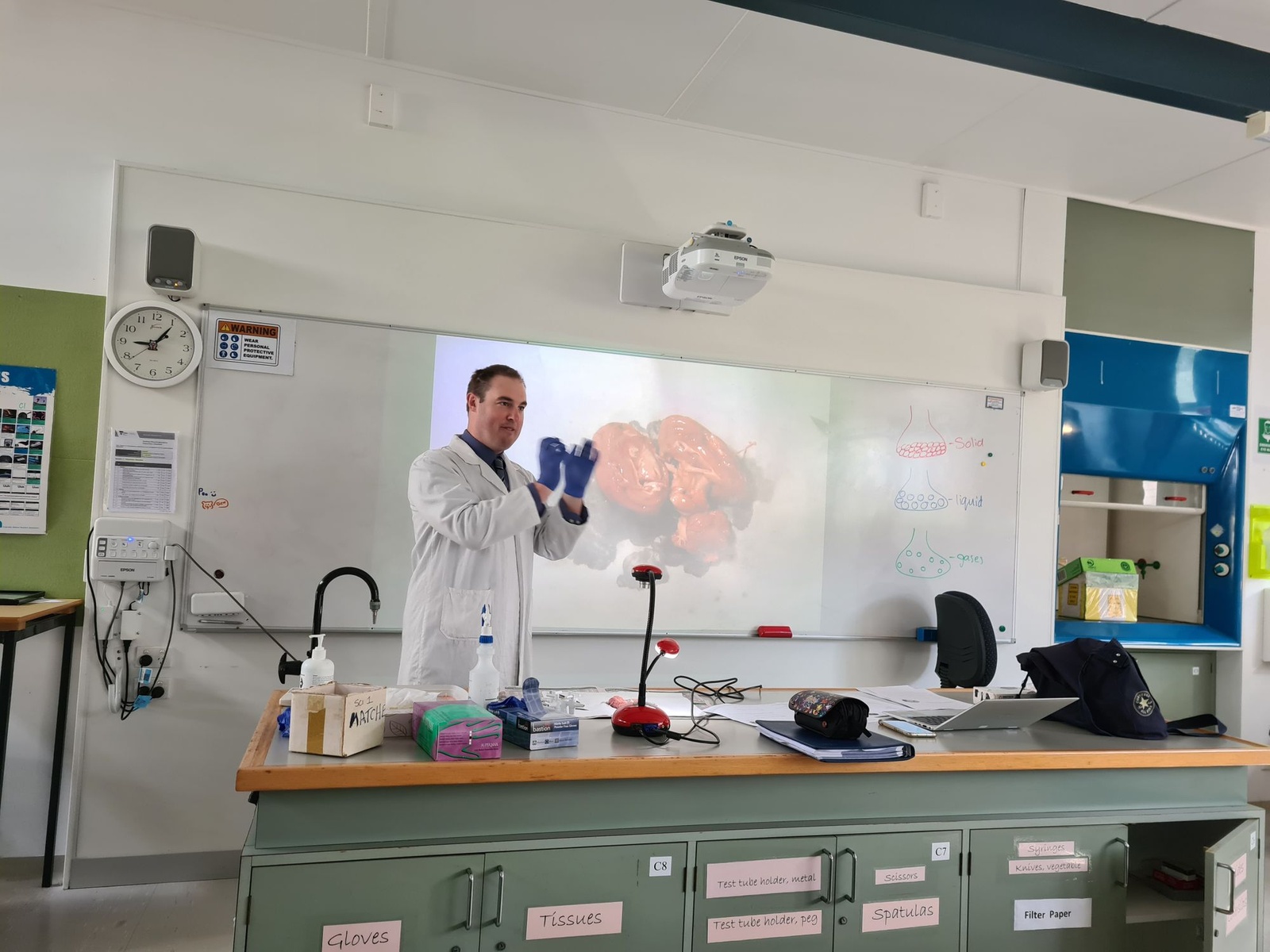Studying Biology as a Year 11 and 12 student can open up a world of opportunities and provide a foundation for a range of exciting career pathways. Biology is a contemporary course that addresses current issues related to environmental issues, climate change, disease and immunity, adaptability, and the consequences of human action and inaction. It is a fascinating subject that explores the diversity of life on Earth, from the smallest microorganisms to the largest mammals.
As learners, students need to be aware that the course is fast-paced and dense. Where other science disciplines have black and white reasoning, biology encompasses the grey areas, as all living organisms are different and therefore respond in multiple ways. Students who study biology can pursue a range of careers, from health care and biotechnology to environmental science and conservation.
Students considering taking this subject are encouraged to look over the study design which can be found at:
https://www.vcaa.vic.edu.au/curriculum/vce/vce-study-designs/biology/Pages/Index.aspx
How do organisms regulate their functions?
In this unit, students examine the cell as the structural and functional unit of life, with a focus on stem cells, cell growth, replacement and death. Body system functions in plants and animals are investigated, while students consider how an animal’s internal environment is maintained.
A variety of practical work is undertaken along with a student-designed scientific investigation.
How does inheritance impact on diversity?
Unit 2 explores mechanisms of reproduction at a cellular level, the adaptations of organisms to their prevailing conditions, and the transmission of biological information from generation to generation. The foundations of genetics and all key processes are put into context in both the natural environment as well as for the theory in emerging technologies, including contemporary ethical issues.
How do cells maintain life?
Unit 3 delves into an intense array of Biochemistry, beginning with the relationship between nucleic acids and proteins as key molecules in cellular processes. Gene structure and expression in prokaryotic and eukaryotic cells is investigated before looking at the biological consequences of manipulating DNA and the techniques and uses of various biotechnologies.
How does life change and respond to challenges?
In Unit 4, students study the nitty-gritty of the human immune system and consider how the application of biological knowledge can be used to respond to bioethical issues and challenges related to disease. Evolutionary biology is investigated in depth, at micro and macro levels, and includes human evolution.

Student Point of View
Selection Advice
What kind of learner is best suited to study this subject?
problem solver, widely read, critical thinker
What key skills are required for success?
find patterns in data, identify relationship links, analysis, synthesis
What are three most engaging topics studied?
Immunity
Ecology
Genetics
What are the learning activities in this subject like?
Practical tasks
news watching
pair work
What advice would you give to a student about to embark on this subject?
You don’t need to be a science driven or career minded student to take this subject. There are some interesting topics related to current events and finding solutions. Organisation is key, you need to keep up.
“Units 3 and 4 Biology has been a challenging but eye-opening experience. We have found this subject to be unique as it teaches us the foundation of how we and the world are able to function together and how humans have been able to use this information to benefit us a society. If you are interested in pursuing a health or medicine related field or you are curious about the science behind life this subject is for you!”
Studies in VCE BIOLOGY can lead to study and career options in the following areas:
Agricultural Engineer
Biochemistry
Dietician
Environmental scientist
Geneticist
Marine Biologist
Nurse
Physiotherapist
Sports Psychologist




